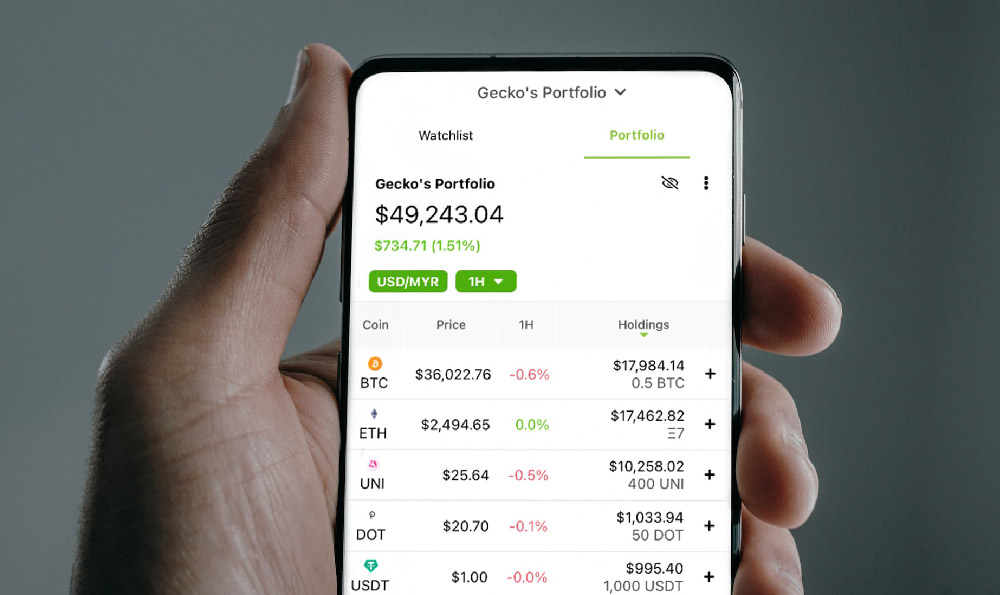Okay, here's an article addressing the financial considerations and ethical implications of donating blood, written from a financial advisor/investment expert perspective.
The intersection of personal finance and altruism often presents complex questions. One such question revolves around blood donation: How much can you earn, and is donating blood worth it? This necessitates a multifaceted approach, considering both the financial compensation (or lack thereof) and the broader societal and personal benefits associated with this act.
Let's address the earning potential first. In many developed countries, including the United States, the direct financial compensation for donating whole blood is either non-existent or severely limited. The American Red Cross, for example, does not pay donors. Their rationale is primarily ethical: paying for blood could incentivize individuals who might otherwise be ineligible (due to health risks) to donate, potentially compromising the safety of the blood supply. Instead, they offer refreshments and small tokens of appreciation, focusing on the altruistic nature of the donation.

However, the picture changes somewhat when we consider plasma donation. Plasma, the liquid portion of blood, is in high demand for creating life-saving therapies and medications. Commercial plasma centers, unlike non-profit blood banks, frequently offer financial compensation to donors. The amount varies depending on location, donation frequency, and promotional offers. Typically, first-time donors might receive a higher incentive to encourage participation. Subsequent donations usually yield a consistent, albeit smaller, payment.
The financial compensation for plasma donation can range from $20 to $50 or even $75 per donation, particularly during periods of high demand. Donors can typically donate plasma twice per week, with at least one day between donations. Therefore, someone donating consistently could potentially earn between $160 and $600 per month. This income, while not substantial for everyone, could be a significant supplement for individuals on a tight budget, students, or those looking to pay down debt.
However, it's crucial to approach plasma donation from a financial perspective with due diligence. The process requires time commitment. Each donation can take between one to two hours, including screening, preparation, and the donation itself. Considering the time investment, it's imperative to calculate the effective hourly wage. If someone spends two hours donating and receives $40, their hourly wage is $20. This might be acceptable for some but less attractive for others, especially those with higher-paying job opportunities or limited free time.
Furthermore, consider the potential tax implications. While not always explicitly reported, income from plasma donation might be subject to taxation. It's essential to keep records of earnings and consult with a tax professional to understand your obligations.
Beyond the direct financial aspects, there are indirect financial considerations. Donating blood or plasma can contribute to overall community health. A readily available blood supply is crucial for emergency medical care, surgeries, and treatments for chronic illnesses. A healthy community fosters a stable economy and reduces healthcare costs for everyone. Therefore, contributing to the blood supply, even without direct payment for whole blood donation, indirectly benefits the collective financial well-being.
Now, let's delve into the "worth it" aspect. This is where the analysis transcends pure financial calculations and enters the realm of personal values and ethics. The primary motivation for donating blood should ideally be altruistic. Knowing that your donation can save lives and improve the quality of life for others is a powerful intrinsic reward. This sense of purpose and contribution can be incredibly valuable, outweighing the financial compensation in many people's minds.
From an ethical standpoint, donating blood aligns with principles of social responsibility and compassion. It's a tangible way to give back to the community and support those in need. In a world often driven by self-interest, acts of selfless generosity like blood donation can reinforce positive social norms and foster a sense of interconnectedness.
However, the "worth it" calculation also involves assessing potential risks and discomforts. Donating blood or plasma can sometimes cause side effects such as dizziness, fatigue, bruising at the injection site, or, in rare cases, more serious complications. It's crucial to be fully informed about the risks and to ensure that the donation center adheres to strict safety protocols. Individuals with certain health conditions or risk factors may be ineligible to donate.
Therefore, before making a decision about donating blood or plasma, it's essential to weigh the potential benefits and drawbacks carefully. Consider the financial compensation (if any), the time commitment, the potential health risks, and your personal values.
In conclusion, while the direct financial gains from blood donation, particularly for whole blood, are often minimal or non-existent, the potential earnings from plasma donation can be a modest income supplement. However, the true value of donating blood lies in its altruistic nature and its contribution to the health and well-being of the community. Ultimately, the decision of whether or not to donate blood is a personal one that should be based on a comprehensive assessment of all relevant factors, both financial and ethical. Approaching this decision with a sound financial understanding and a commitment to ethical considerations will ensure that your participation is both personally rewarding and socially beneficial.











